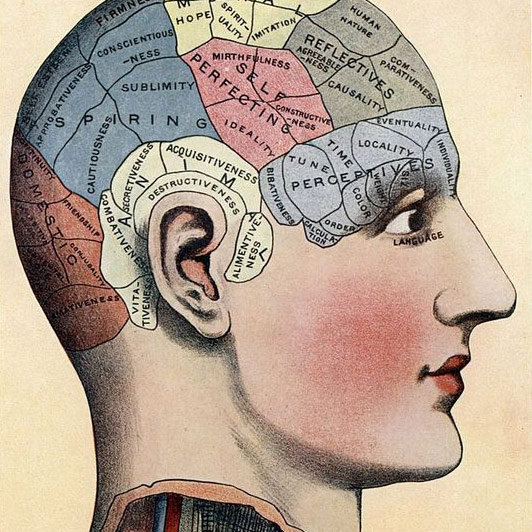
MONDAY, Jan. 27, 2014 (HealthDay News) — A new study suggests that relatives of patients with multiple sclerosis aren’t as likely to develop the disease as previously believed, even though the illness is thought to be caused mainly by genetics.
The researchers, at Sweden’s Karolinska Institute, tracked almost everyone within the country who had been diagnosed with the disease since 1968 — about 28,000 people. The researchers looked at whether their relatives developed the disease and then analyzed a group of people without multiple sclerosis (MS) and their relatives.
Siblings of people with MS were seven times more likely to develop MS than the general population; the risk for children of MS patients was five times higher. Grandchildren and nieces and nephews, however, faced no higher risk.
“The population registers in Sweden are reliable tools for finding relatives to MS patients and their possible MS diagnosis, instead of relying on the patients’ memories,” study first author Helga Westerlind, a doctoral student in the institute’s department of clinical neuroscience, said in an institute news release.
“Our study is a good example of how one can quickly achieve more reliable results than the previous studies that were based on patient groups collected in hospitals throughout decades,” Westerlind said.
The researchers have also studied twins and found that genetics do indeed play a major role in MS.
The study appears in the Jan. 17 issue of the journal Brain.
More information
For more about multiple sclerosis, try the U.S. National Library of Medicine.
Copyright © 2025 HealthDay. All rights reserved.

